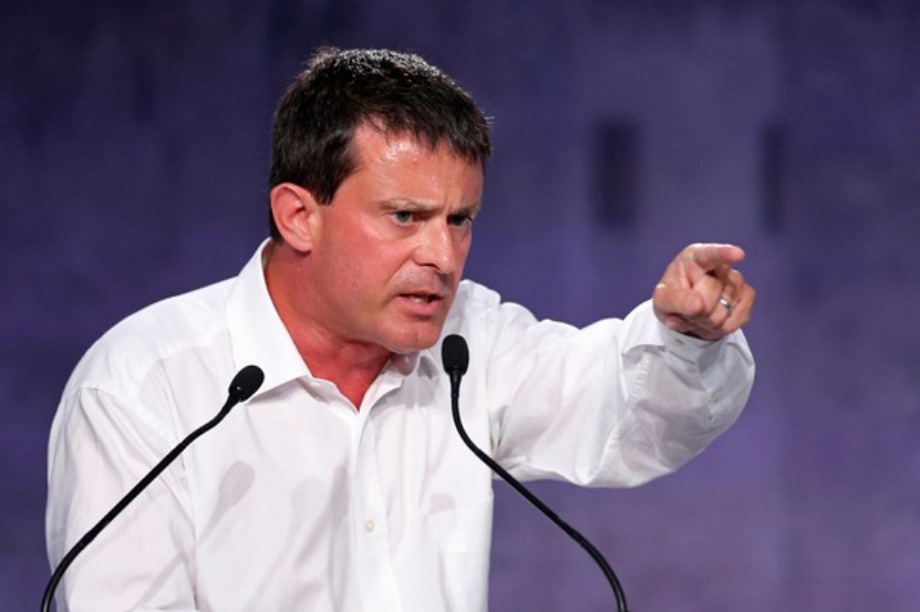The fact that he was there at all — only the second time a prime minister has addressed the conference in 16 years — is an indication of how determined France is to send the right signals in the run up to the 21st UN climate change conference (COP21) to be held in Paris in December. "This very important event reinforces the government's interest in intensifying its policy to develop renewable energies," notes Jean-Louis Bal, president of SER.
With an eye on COP21, Valls promised that 2015 would be a "green year" in France. Perhaps most importantly for the wind industry, the energy transition law foresees the country generating 40% of its electricity from renewables by 2030. Nuclear's share will fall to 50% in 2025, although the Senate, the upper house which is dominated by the right-wing opposition, has pushed back the deadline to 50% "at some point". The industry is not too concerned, however, as the 40% renewables target still stands.
More threatening is a Senate amendment re-introducing wind-power development zones (ZDEs), abolished in 2013, which were particularly vulnerable to legal challenges. The industry believes ZDEs will not be reinstated, but fears that a compromise solution could lead to a new source of litigation, Bal explained. The Senate is also seeking to increase the exclusion zone around houses and historic monuments, up to 10 kilometres in the latter case.
Improvements
On the other hand, many key measures remain. The law lays the foundation for the guaranteed premium purchase price to be replaced by a top-up mechanism in line with European guidelines requiring greater market integration. It also allows for the trial of a single permit for wind installations to be extended throughout mainland France, and will make local participation easier. Other important measures allow the government to introduce a more supple "competitive dialogue" when tendering offshore projects and to resolve some of the difficulties concerning military radars.
What the final law contains remains to be seen, but "it is essential to avoid going backwards by making the regulatory framework more complicated again with new procedures and new possibilities of appeal", Bal warns, especially as new wind installations picked up in 2014, after three years of decline, thanks to government efforts to simplify the regulations.
The government hopes the bill will be voted into law in March andhas already started work on various decrees detailing the policies. One of the most important for wind will be the multi-annual energy programme establishing 15-year targets for each sector, expected in October. The industry needs "a clear vision backed up with the resources to meet those ambitions", Bal reminded the prime minister.
Other measures expected this year include a decree establishing a single administrative court to handle legal cases concerning offshore projects and help speed up the permitting process, the launching of a third tender for offshore projects and a call for expressions of interest for pilot projects for floating turbines.
All in all, the industry has high hopes for 2015. It will be a very decisive year, Bal notes, saying that, at the very least, COP21 will be stimulating for the sector. Frédéric Lanoë, president of the French Wind Energy Association, agrees. The conference will definitely have a beneficial effect, he says. France has been "quite good at revolutions in the past", Lanoë adds, implying that now is time for another one.

.png)


.png)










